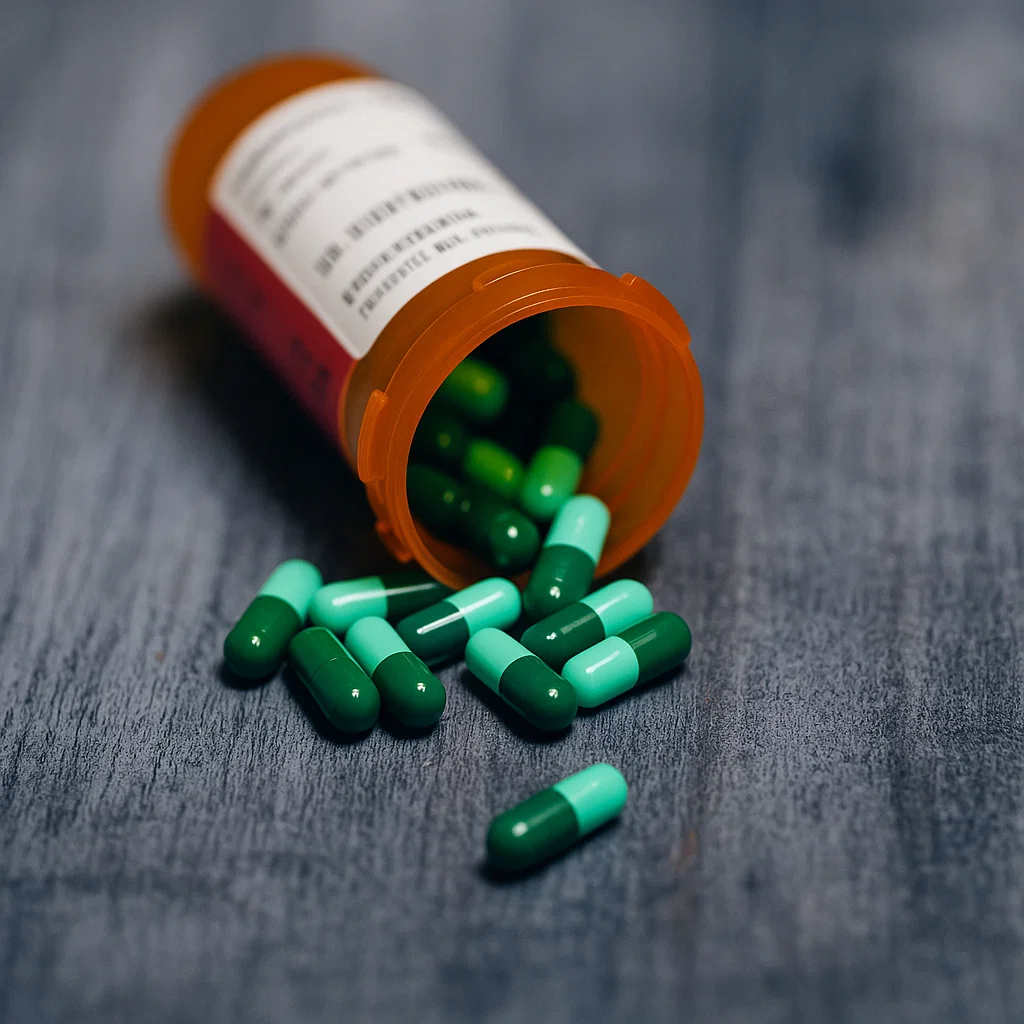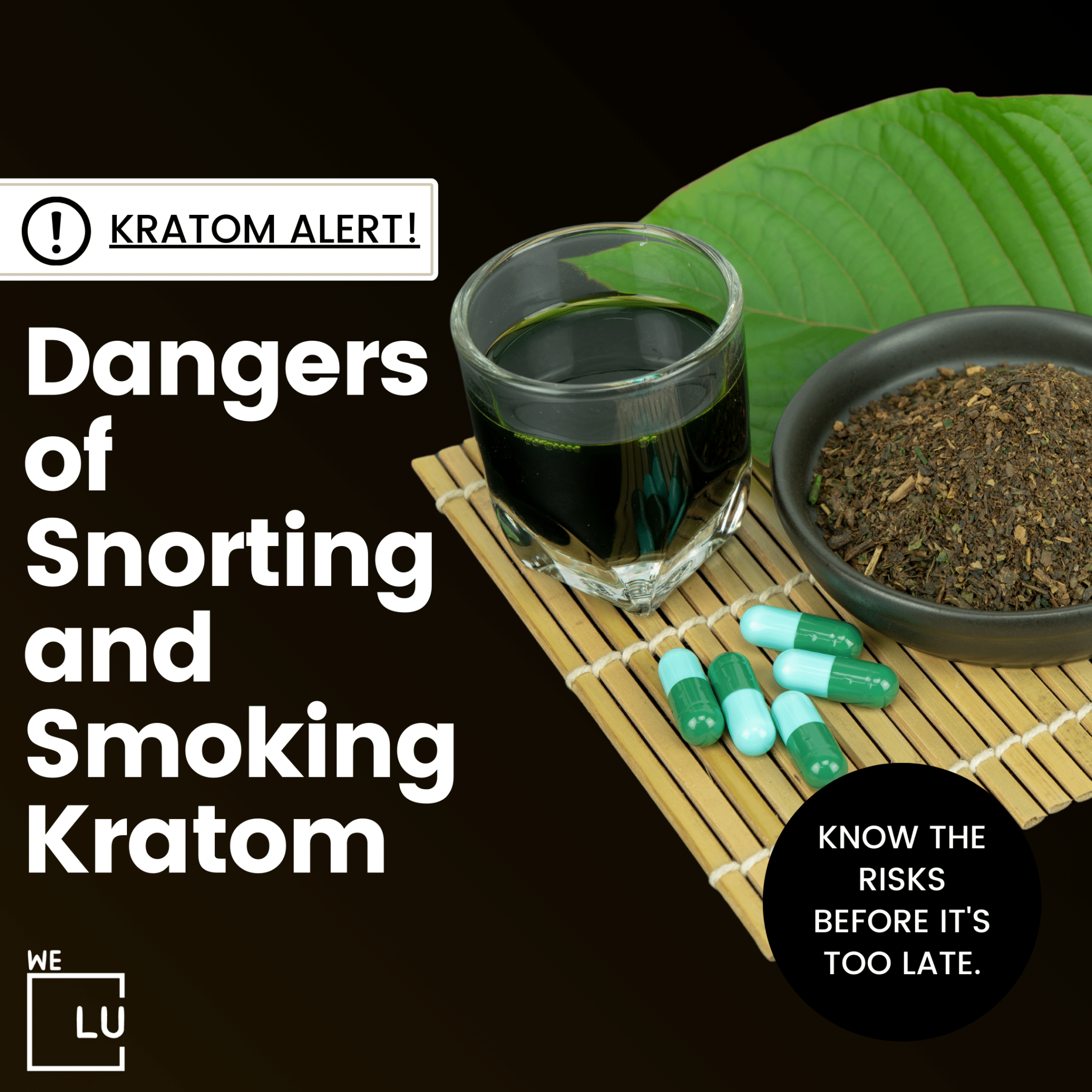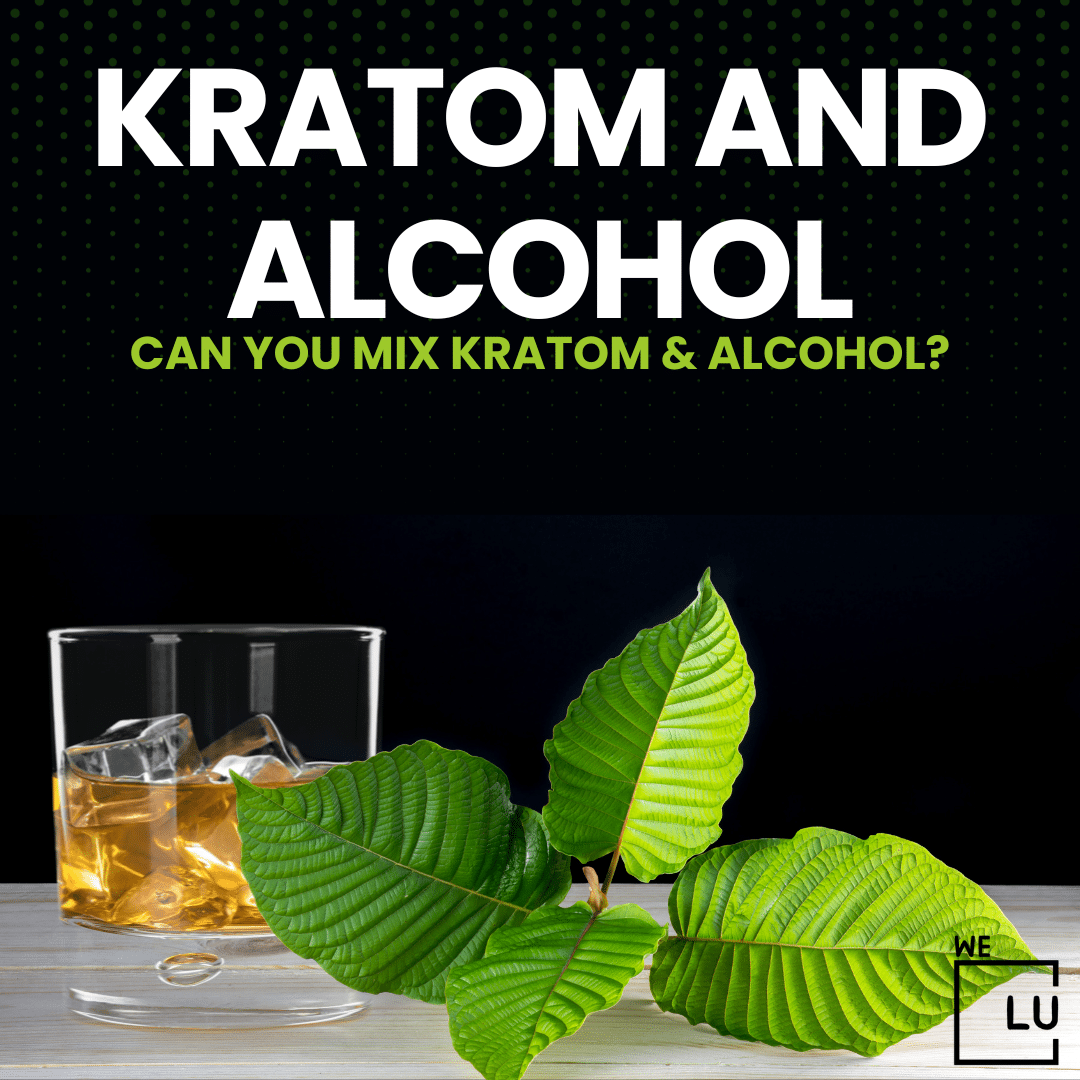What Is Crank Drug Slang For?
“Crank” is a slang term that is often used to refer to methamphetamine, a powerful and highly addictive central nervous system stimulant. Methamphetamine is a synthetic drug that affects the brain and body, leading to increased energy, alertness, and a sense of euphoria. However, it also has serious health risks and can lead to addiction, anxiety, paranoia, and other harmful effects.
The term “crank” is commonly associated with methamphetamine in specific contexts, particularly in informal or street language. The use of such drugs can have severe consequences for physical and mental health, and it is generally illegal. If you or someone you know is struggling with substance abuse, seeking professional help and support is strongly recommended.
What Is Methamphetamine?
Methamphetamine is a powerful and highly addictive central nervous system stimulant. It belongs to a class of drugs known as amphetamines. Methamphetamine is chemically similar to amphetamine, a drug that is used to treat attention deficit hyperactivity disorder (ADHD) and narcolepsy. However, methamphetamine has a much stronger effect on the central nervous system. Methamphetamine is a synthetic drug that comes in the form of a white, odorless, crystalline powder that can be ingested orally, snorted, smoked, or injected.
The drug stimulates dopamine release in the brain, increasing energy, alertness, and euphoria. However, it also has many harmful effects on the body and mind. Short-term effects can include increased heart rate, elevated blood pressure, decreased appetite, and hyperactivity. Long-term use can lead to severe dental problems, weight loss, anxiety, paranoia, hallucinations, and violent behavior.
Methamphetamine is highly addictive, and its use can have serious health consequences, including cardiovascular problems, dental issues (often referred to as “meth mouth”), and neurological damage. Chronic use can lead to addiction, and withdrawal from the drug can be challenging.
What Other Street Names Does Methamphetamine Have?
Methamphetamine is known by various street names, and the terminology can vary regionally. Some common street names for methamphetamine include:
- Meth: A shortened version of the drug’s name.
- Crystal: Referring to the crystalline appearance of the drug.
- Crystal Meth: Combining “crystal” with “meth,” a popular term for the drug.
- Ice: This term is often used to describe high-purity crystalline methamphetamine.
- Glass: Another term used to describe the crystal form of methamphetamine.
- Tina: A slang term that is sometimes used for methamphetamine.
- Crank: As mentioned earlier, “crank” is a slang term that is used to refer to methamphetamine.
- Speed: This term is sometimes used to refer to amphetamines in general, including methamphetamine.
- Go-fast: A colloquial term highlighting the stimulant and energizing effects of the drug.
- Chalk: Refers to the powdery or crystalline form of the drug.
What’s The Difference Between Methamphetamine And Crank?
“Methamphetamine” and “crank” are terms that are often used interchangeably, and both generally refer to the same drug. However, there might be slight nuances in how these terms are used in different contexts or regions.
- Methamphetamine:
- “Methamphetamine” is the full name of the drug, and it belongs to the amphetamine class of substances.
- It is a powerful and highly addictive central nervous system stimulant.
- Methamphetamine can come in various forms, including a crystalline powder or in crystalline chunks (“crystal meth”). It may also be found as a pill or in a liquid form.
- The term “methamphetamine” is more commonly used in medical and scientific contexts.
- Crank:
- “Crank” is a colloquial and slang term for methamphetamine.
- While “crank” is often used as a synonym for methamphetamine, it can also sometimes be used more broadly to refer to any amphetamine or stimulant.
- The term “crank” is frequently used in informal or street language and may vary regionally.
In summary, “methamphetamine” is the official and scientific name for the drug. At the same time, “crank” is a slang term commonly used to refer to the same substance, especially in informal or street contexts. The use of different terms can depend on local slang, cultural factors, or individual preferences, but both generally refer to the same powerful and potentially harmful stimulant drug.
Difference In Usage Of Methamphetamine And Crank
Methamphetamine, as a chemical substance, is the same whether it is used medically or recreationally. However, the context and purpose of use make the difference.
- Medically Prescribed Methamphetamine:
- In some countries, methamphetamine is available by prescription for specific medical conditions.
- The prescription form of methamphetamine is typically used to treat attention deficit hyperactivity disorder (ADHD) and, in some cases, narcolepsy.
- Medicinal methamphetamine is pharmaceutical-grade and is produced under strict quality and safety standards. It is administered in controlled doses and monitored by healthcare professionals.
- The medication is prescribed under brand names such as Desoxyn.
- Recreational or Illicit Use (Crank or Meth):
- When people refer to “crank” or “meth” in a recreational or illicit context, they are generally talking about illegally manufactured methamphetamine.
- Illicit methamphetamine is often produced in clandestine laboratories and may vary widely in purity and composition.
- Recreational use of methamphetamine for its stimulant effects is associated with a range of health risks, including addiction, cardiovascular problems, dental issues, and mental health issues.
the key difference lies in the context and purpose of use. When methamphetamine is used under the supervision of a healthcare professional for legitimate medical reasons, it is referred to as a medication. When used recreationally or illicitly, it is often referred to by slang terms like “crank” or “meth.” It’s important to note that the recreational use of methamphetamine poses significant health risks and is illegal in many places.

Skip To:
Learn More:
- Meth Head, Symptoms, Warning Signs, Dangers, Side Effects & Meth Addiction Treatments
- Fake Meth. What Is It And How To Identify It?
- What Does Meth Look Like? What Does Crystal Meth Look Like? Pictures of Meth.
- What Are Meth Eyes, Meth Pupils? What Does Meth Do To Your Eyes?
- What Does Meth Taste Like? Identifying Meth by Taste
- Amphetamine effects, Types, Addiction, Effects on the Brain, Harmful Effects & Treatment Options
- How long do amphetamines stay in your system? Peak Levels, Half-Life, Factors of Influence, Amphetamine Addiction, Withdrawal & Treatment
- Amphetamine Addiction, Types, Abuse, Signs, Dangers, Side Effects & Treatment Options
- Amphetamine withdrawal, Abuse, Symptoms, Medical Detox & Treatment for Addiction
- Amphetamine psychosis, Symptoms, Withdrawal Psychosis, Signs of Addiction & Treatment
What Are The Risks Of Using Crank?
Using crank, or methamphetamine, can pose serious health risks. Some of the potential risks and adverse effects associated with the use of methamphetamine include:
- Addiction: Methamphetamine is highly addictive. Regular use can lead to the development of tolerance, dependence, and addiction. Breaking the cycle of addiction can be challenging, and withdrawal symptoms can be severe.
- Cardiovascular Issues: Methamphetamine use can cause increased heart rate, elevated blood pressure, and irregular heartbeats. These effects can lead to cardiovascular problems, including heart attacks and strokes.
- Dental Problems: Chronic methamphetamine use is associated with severe dental issues, often referred to as “meth mouth.” This can include tooth decay, gum disease, and tooth loss.
- Psychological Effects: Methamphetamine use can lead to anxiety, paranoia, hallucinations, aggression, and violent behavior. Long-term use can contribute to mental health disorders.
- Cognitive Impairment: Chronic use of methamphetamine can result in cognitive deficits, affecting memory, attention, and decision-making abilities.
- Weight Loss and Malnutrition: The appetite-suppressing effects of methamphetamine can lead to significant weight loss and nutritional deficiencies.
- Skin Problems: Methamphetamine use can cause skin problems such as acne, sores, and itching.
- Sleep Disturbances: Methamphetamine is a stimulant, and its use can lead to insomnia and disrupted sleep patterns.
- Increased Risk of Infections: Injection drug use, which is a common method of ingestion with methamphetamine, increases the risk of infections such as HIV and hepatitis.
- Social and Legal Consequences: The use of methamphetamine can have severe social and legal consequences, including strained relationships, job loss, and criminal charges.
The risks associated with methamphetamine use can vary depending on factors such as the dose, frequency of use, method of administration, individual health, and the presence of other substances. Seeking professional help is essential for individuals struggling with methamphetamine use, as recovery can be challenging, and the health consequences can be severe.

Get Your Life Back
Find Hope & Recovery. Get Safe Comfortable Detox, Addiction Rehab & Dual Diagnosis High-Quality Care.
Hotline (855) 695-1160Side Effects Of Crank Drugs
The use of crank, or methamphetamine, can result in a range of side effects, both short-term and long-term. The severity and manifestation of these effects can vary based on factors such as the dose, frequency of use, individual susceptibility, and the method of administration.

Short-Term Side Effects Of Crank Drugs
- Increased Energy and Alertness: Methamphetamine is a powerful stimulant that can lead to a surge in energy and heightened alertness.
- Euphoria: Users may experience intense feelings of pleasure and euphoria.
- Decreased Appetite: Methamphetamine is known to suppress appetite, which can lead to significant weight loss.
- Increased Heart Rate and Blood Pressure: The drug can cause a rapid heart rate and elevated blood pressure, increasing the risk of cardiovascular issues.
- Dilated Pupils: Methamphetamine use can lead to dilated (enlarged) pupils.
- Jaw Clenching and Teeth Grinding: Users may experience bruxism, leading to jaw clenching and teeth grinding.
- Insomnia: Methamphetamine is a stimulant, and its use can result in difficulty sleeping.
- Nausea and Vomiting: Some individuals may experience gastrointestinal discomfort.
Long-Term Side Effects Of Crank Drugs
- Addiction: Chronic use of methamphetamine can lead to the development of tolerance, dependence, and addiction.
- Dental Issues (“Meth Mouth”): Severe dental problems, including tooth decay and loss, are common among long-term users.
- Psychological Effects: Users may experience anxiety, paranoia, hallucinations, aggression, and mood swings.
- Cognitive Impairment: Long-term use can lead to cognitive deficits, affecting memory, attention, and decision-making.
- Skin Problems: Methamphetamine use can cause skin issues such as sores, acne, and rashes.
- Weight Loss and Malnutrition: Chronic use can result in significant weight loss and nutritional deficiencies.
- Cardiovascular Problems: Long-term use increases the risk of cardiovascular issues, including heart attacks and strokes.
- Sleep Disturbances: Persistent insomnia and disrupted sleep patterns may occur.
- Increased Risk of Infections: Injection drug use, which is common with methamphetamine, raises the risk of infections such as HIV and hepatitis.
- Social and Legal Consequences: The use of methamphetamine can lead to strained relationships, job loss, and legal troubles.
The use of crank drugs is associated with severe health risks, and seeking professional help is essential for individuals struggling with addiction or its adverse effects. Treatment and support services are available to assist individuals in overcoming methamphetamine dependence.
Get Help. Get Better. Get Your Life Back.
Searching for an Accredited Drug and Alcohol Rehab Centers in Near You?
Even if you have failed previously and relapsed, or are in the middle of a difficult crisis, we stand ready to support you. Our trusted behavioral health specialists will not give up on you. When you feel ready or just want someone to speak to about therapy alternatives to change your life call us. Even if we cannot assist you, we will lead you to wherever you can get support. There is no obligation. Call our hotline today.
FREE Addiction Hotline – Call 24/7How Does Crank Work?
Crank, or methamphetamine, works primarily by affecting the activity of neurotransmitters in the brain, particularly dopamine, norepinephrine, and serotonin. Here’s a brief overview of how crank works:
- Increased Release of Neurotransmitters: Methamphetamine increases the release of neurotransmitters, particularly dopamine, from nerve terminals in the brain. Dopamine is a neurotransmitter associated with pleasure, reward, and motivation.
- Inhibition of Reuptake: Methamphetamine also inhibits the reuptake of dopamine, norepinephrine, and serotonin. Reuptake is the process by which neurotransmitters are reabsorbed by the nerve cells that release them. By inhibiting reuptake, methamphetamine increases the concentration of these neurotransmitters in the synapses, the gaps between nerve cells.
- Enhanced Neurotransmitter Activity: The increased dopamine, norepinephrine, and serotonin levels in the synapses lead to enhanced neurotransmitter activity. This heightened activity contributes to the stimulant effects of methamphetamine, such as increased energy, alertness, and euphoria.
- Stimulation of the Central Nervous System: Methamphetamine is a central nervous system stimulant. It stimulates the central nervous system by influencing neurotransmitter levels and activity, increasing heart rate, elevated blood pressure, and other physiological responses.
- Appetite Suppression: Methamphetamine is known to suppress appetite, contributing to weight loss in users.
- Duration of Action: Methamphetamine has a relatively long duration of action compared to some other stimulant drugs, which contributes to its potential for abuse.
While the initial effects of methamphetamine use might include increased energy and euphoria, the drug also has significant risks and adverse effects, including addiction, cardiovascular problems, dental issues, and mental health issues. Chronic use can lead to severe consequences for both physical and psychological health. The illicit production and use of methamphetamine are generally associated with significant legal and social consequences as well. Seeking professional help is crucial for individuals struggling with methamphetamine use to address the complex issues related to addiction.

Comfortable Facilities & Amenities
High-Quality Addiction & Mental Health Rehabilitation Treatment
Rehab Centers TourRenowned California Addiction Center. Serene Private Facilities. Inpatient rehab programs vary.
Addiction Helpline (855) 695-1160Proven recovery success experience, backed by a Team w/ History of:
15+
Years of Unified Experience
100s
5-Star Reviews Across Our Centers
10K
Recovery Success Stories Across Our Network
- Low Patient to Therapist Ratio
- Onsite Medical Detox Center
- Comprehensive Dual-Diagnosis Treatment
- Complimentary Family & Alumni Programs
- Coaching, Recovery & Personal Development Events
Crank Overdose
A crank, or methamphetamine, overdose is a serious medical emergency that can be life-threatening. Overdosing on methamphetamine can lead to a range of severe physiological and psychological effects. Here are some signs and symptoms of a methamphetamine overdose:
- Hyperthermia (High Body Temperature): Methamphetamine can cause a dangerous increase in body temperature, leading to hyperthermia. This can result in organ damage and, in severe cases, death.
- Increased Heart Rate and Blood Pressure: Overdosing on methamphetamine can lead to a rapid and irregular heart rate, as well as elevated blood pressure. This puts significant stress on the cardiovascular system.
- Agitation and Restlessness: Excessive stimulation of the central nervous system can cause extreme agitation, restlessness, and anxiety.
- Seizures: Methamphetamine overdose may lead to seizures, which are sudden and uncontrolled electrical disturbances in the brain.
- Loss of Consciousness: In severe cases, an overdose can lead to loss of consciousness and coma.
- Chest Pain: Overstimulation of the heart can cause chest pain and increase the risk of heart attacks.
- Respiratory Distress: Methamphetamine overdose may result in difficulty breathing, shortness of breath, or respiratory failure.
- Hallucinations and Delusions: Some individuals experiencing an overdose may have hallucinations or delusions.
If you suspect someone is experiencing a methamphetamine overdose, it is crucial to seek emergency medical attention immediately. Call emergency services or take the individual to the nearest emergency room. Do not delay seeking help, as prompt medical intervention is critical to improving the chances of survival and reducing the risk of long-term complications.
There is no specific antidote for methamphetamine overdose. Treatment typically involves supportive care, including measures to reduce body temperature, control agitation, and address cardiovascular and respiratory complications.
Prevention is the most effective approach to avoid a methamphetamine overdose. This involves not using the drug and seeking help if you or someone you know is struggling with substance abuse. If you are concerned about your own or someone else’s drug use, reach out to healthcare professionals or addiction treatment services for assistance.
World-class, Accredited, 5-Star Reviewed, Effective Addiction & Mental Health Programs. Complete Behavioral Health Inpatient Rehab, Detox plus Co-occuring Disorders Therapy.
CALL (855) 695-1160End the Addiction Pain. End the Emotional Rollercoaster. Get Your Life Back. Start Drug, Alcohol & Dual Diagnosis Mental Health Treatment Now. Get Free No-obligation Guidance by Substance Abuse Specialists Who Understand Addiction & Mental Health Recovery & Know How to Help.

Crank Addiction
Crank, commonly known as methamphetamine, is a highly addictive substance that poses significant risks to physical and mental health. Individuals who use crank are susceptible to developing dependence and addiction, leading to severe consequences for their overall well-being.
1. Addiction Development: Methamphetamine use triggers a rapid release of dopamine, the neurotransmitter associated with pleasure and reward. Over time, the brain adapts, leading to tolerance, where higher doses are needed for the same effects.
2. Physical Dependence: Continued use can result in physical dependence, causing withdrawal symptoms such as fatigue, increased appetite, depression, and intense drug cravings when not used.
3. Psychological Dependence: Psychological dependence on methamphetamine may develop as individuals rely on the drug to cope with stress, boost mood, or stay awake. Powerful cravings and compulsion contribute to addiction.
4. Health Consequences: Chronic methamphetamine use is linked to cardiovascular problems, dental issues, cognitive deficits, and mental health disorders. The drug has detrimental effects on the central nervous system, leading to persistent behavioral and cognitive changes.
5. Social and Legal Consequences: Methamphetamine addiction can strain relationships, resulting in job loss, financial difficulties, and legal problems. The associated lifestyle, including potential criminal activity, can have significant social consequences.
6. Treatment Options: Effective treatment involves a combination of behavioral therapies, counseling, and support groups. Cognitive-behavioral therapy (CBT) addresses maladaptive thought patterns and behaviors associated with drug use. Support from family, friends, and healthcare professionals is crucial.
7. Recovery Challenges: Overcoming methamphetamine addiction is challenging, and relapse is a common concern. Long-term recovery requires ongoing support and the development of coping mechanisms to deal with triggers and stressors.
If you or someone you know is struggling with crank addiction, seeking professional help is essential. Treatment programs provide the necessary support and resources to address the physical, psychological, and social aspects of addiction. Recovery is possible with commitment and support.
Experience Transformative Recovery at the We Level Up California Treatment Center.
See our authentic success stories. Get inspired. Get the help you deserve.



Start a New Life
Begin with a free call to an addiction & behavioral health treatment advisor. Learn more about our dual-diagnosis programs. The We Level Up treatment center network delivers recovery programs that vary by each treatment facility. Call to learn more.
- Personalized Care
- Caring Accountable Staff
- World-class Amenities
- Licensed & Accredited
- Renowned w/ 100s 5-Star Reviews
We’ll Call You
How to stop Drinking? Top 10 Tips to Sober Up from Alcohol, Weed, Meth, Cocaine and More.
Search We Level Up CA Crank Drug, Drug & Alcohol Rehab / Detox & Mental Health Topics & Resources
Sources
- Maxwell JC, Brecht ML. Methamphetamine: here we go again? Addict Behav. 2011 Dec;36(12):1168-73. doi: 10.1016/j.addbeh.2011.07.017. Epub 2011 Jul 22. PMID: 21875772; PMCID: PMC3243901. Related: What Is Crank Drugs, Crank Drug Meaning, Crank Drug Slang, What Drug Is Crank, What Is Crank Drug, What Is The Drug Crank, Crank Slang Drug, Crank The Drug, Drug Crank, Crank Meaning Drug, What Is Crank Slang For Drug, Whats Crank Drug,
- NIDA. 2019, May 16. Methamphetamine DrugFacts.
- NIDA. 2021, April 13. What are the long-term effects of methamphetamine misuse?. Retrieved from https://www.drugabuse.gov/publications/research-reports/methamphetamine/what-are-long-term-effects-methamphetamine-misuse on 2021, December 29 Related: What Is Crank Drugs, Crank Drug Meaning, Crank Drug Slang, What Drug Is Crank, What Is Crank Drug, What Is The Drug Crank, Crank Slang Drug, Crank The Drug, Drug Crank, Crank Meaning Drug, What Is Crank Slang For Drug, Whats Crank Drug,
- National Institutes of Health (NIH) – Methamphetamine: https://medlineplus.gov/methamphetamine.html.
- National Criminal Justice Reference Service (NCJRS) – Methamphetamine: https://www.ncjrs.gov/ondcppubs/publications/policy/04meth.html.
- United States Department of Health and Human Services (HHS) – Methamphetamine: https://www.hhs.gov/ash/oah/adolescent-development/substance-use/drugs/stimulants/methamphetamine/index.html.




